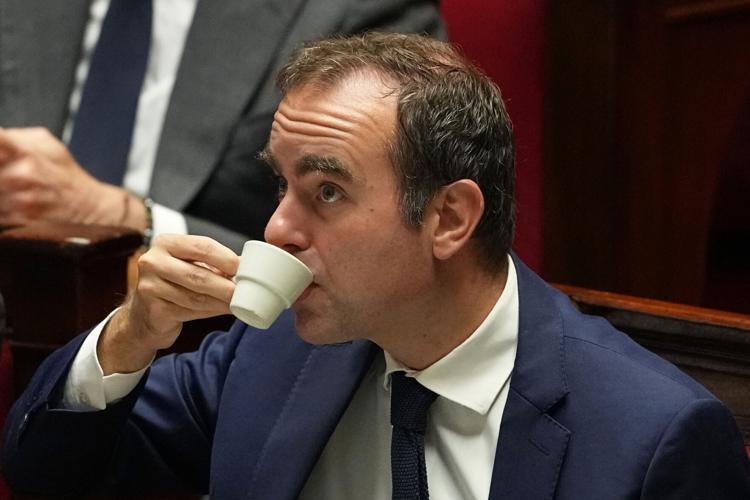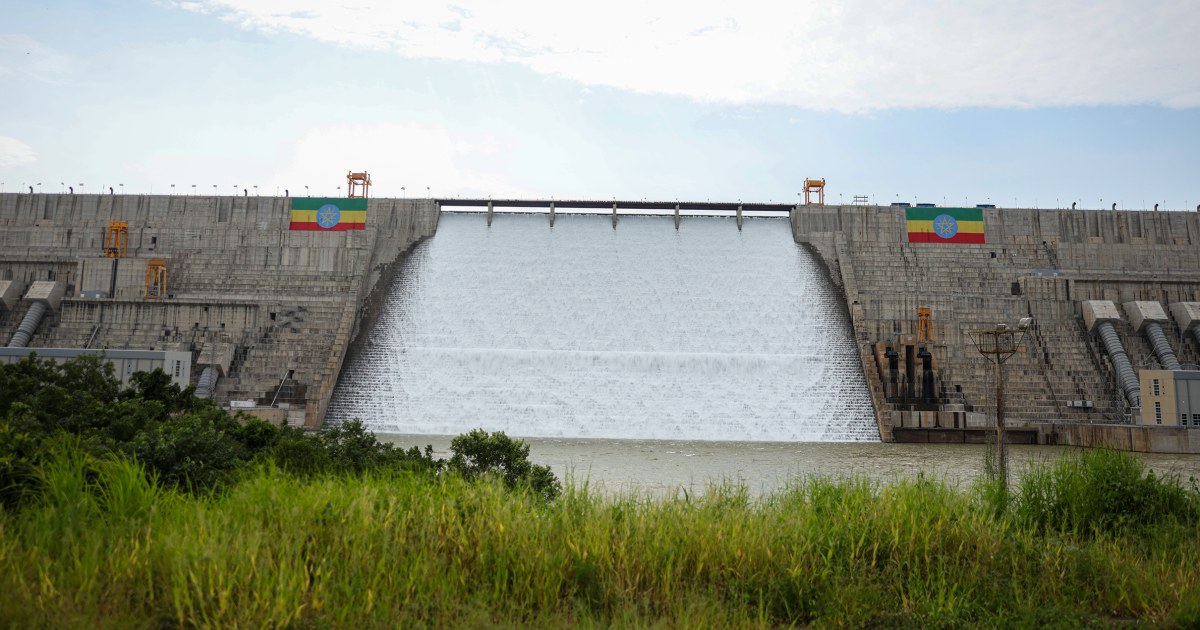
French Prime Minister Sébastien Lecornu successfully navigated two critical votes of no-confidence on Thursday, securing his position in a government facing significant challenges. The National Assembly’s votes not only preserved Lecornu’s role but also allowed him to focus on the pressing task of passing the budget for 2026, a vital step for the European Union’s second-largest economy.
The no-confidence motions were spearheaded by two of President Emmanuel Macron‘s most prominent political adversaries: the hard-left France Unbowed party and the far-right National Rally, led by Marine Le Pen. These attempts to unseat Lecornu highlighted the intense political divisions within the 577-seat National Assembly. The first motion, proposed by France Unbowed, failed by just 18 votes, garnering support from 271 lawmakers but requiring a majority of 289 to succeed. The subsequent motion from Le Pen’s party received only 144 votes, falling well short of the necessary majority.
Despite this victory, Lecornu’s future remains uncertain. To secure the votes he needed, he indicated a willingness to suspend the contentious 2023 pension reform, which gradually raises the retirement age from 62 to 64. This proposal was crucial in persuading members of the opposition Socialist Party to abstain from supporting the no-confidence motions. While only seven Socialists voted for the France Unbowed motion, their potential support for future votes could shift depending on budget negotiations.
Additionally, the conservative Republicans, who hold 50 seats, also refrained from backing the no-confidence efforts, with only one member dissenting. However, this fragile coalition could easily fracture, especially if Lecornu fails to secure favorable terms during discussions about tax increases and spending cuts aimed at addressing France’s growing deficit and public debt.
As Lecornu prepares to tackle the budget, he has committed to not employing a special constitutional power that previous administrations used to push through contentious reforms without parliamentary approval. This approach, rejected in the past due to significant public backlash, will require him to build consensus among lawmakers, a task expected to be fraught with difficulties.
The current political landscape in France remains precarious. Lecornu’s ability to sustain his government hinges on navigating the complex negotiations ahead and maintaining the support of both the Socialists and the Republicans. Without this backing, future efforts to stabilize the government and address pressing economic issues may face insurmountable opposition.







